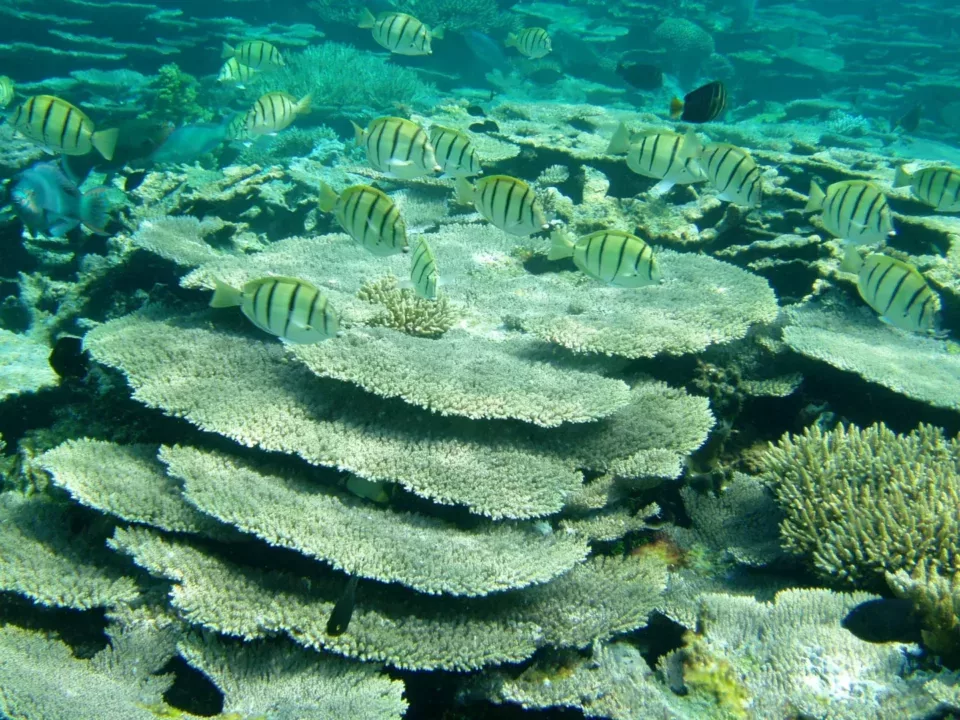Participants at the International Union for Conservation of Nature (IUCN) World Conservation Congress (WCC) adopted the Hawai’i Commitments, titled ‘Navigating Island Earth,’ which outline opportunities to address conservation challenges, including maintaining the health of the world’s oceans, tackling wildlife trafficking, addressing species loss and ecosystem declines, building resilience to climate change, and sustaining world food supplies. The IUCN Members’ Assembly adopted 85 Motions, inclusive of over 100 resolutions and recommendations, including to create a membership category for indigenous peoples’ organisations. One of the motions is entitled: “Cooperation for the conservation and protection of coral reefs worldwide“.
Over 10,000 participants from government, civil society, indigenous communities, the private sector, academia and other groups attended the WCC, which took place in Honolulu, Hawai’i from 1-10 September. The WCC focused on the theme, ‘Planet at the Crossroads,’ in recognition of the “choices and actions the world needs to make to reverse environmental declines and secure a healthy, livable planet.”
Motions adopted by the Members’ Assembly support, inter alia: protecting primary forests, including intact forest landscapes; banning gillnet fishing; classifying all of IUCN’s categories of protected areas (PAs) as off limits to damaging industrial activities, including agriculture, mining, oil and gas, and infrastructure developments; and identifying critical ecosystems and intact forests to be avoided by the oil palm industry. Members also agreed on an IUCN policy on biodiversity offsets that prioritizes avoiding biodiversity loss and stresses offsets as a measure of last resort.
The Hawai’i Commitments identify the role of connected systems of PAs in preserving terrestrial and ocean biodiversity and supporting livelihoods. The document stresses the need for action against destructive, illegal and unsustainable fishing practices, pollution and marine debris, rising temperatures, and other challenges that threaten marine ecosystems and fish populations and jeopardize the achievement of the Sustainable Development Goals (SDGs). The Commitments support the creation of marine protected areas (MPAs) and call for additional efforts to address ocean warming and acidification and to tackle marine plastic pollution. The Members Assembly set a target for protecting 30% of marine areas by 2030 and supported the need for internationally binding legislation to protect areas beyond national jurisdiction (ABNJ).
Adapted from http://nr.iisd.org/news/iucn-wcc-adopts-85-motions-hawaii-commitments-calls-for-action-on-oceans-wildlife-trafficking-climate-change. For the full IISD RS Coverage of the WCC, go to http://nr.iisd.org/news/iucn-wcc-adopts-85-motions-hawaii-commitments-calls-for-action-on-oceans-wildlife-trafficking-climate-change/
